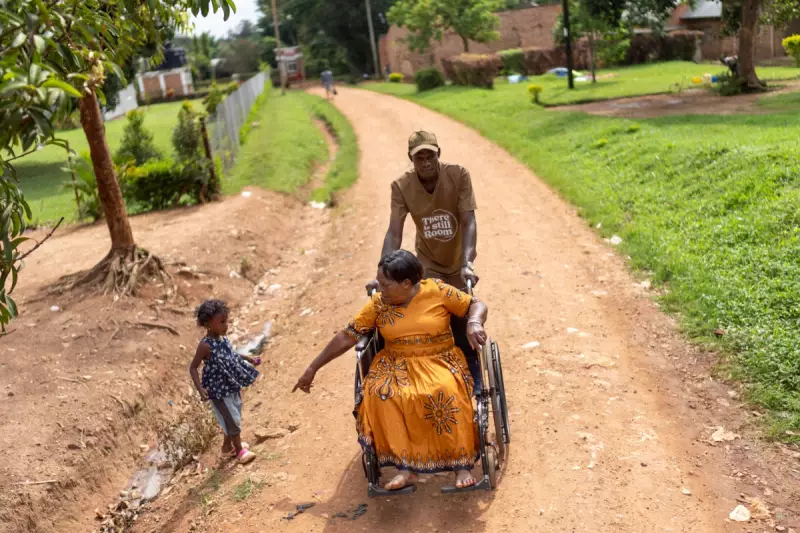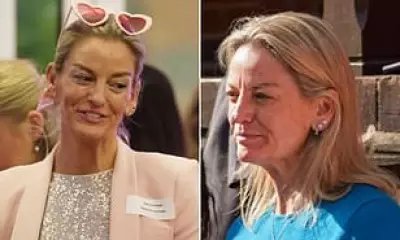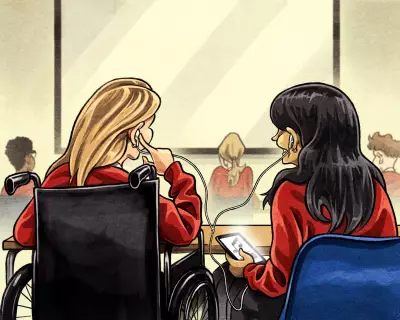
In a deeply moving and powerful address delivered in Uganda, Pope Francis issued a stark condemnation of the systemic exploitation and abuse of children, describing it as an 'ugly darkness' infecting society.
The Pontiff's passionate plea came during his apostolic journey to Africa, where he spoke to crowds about the moral imperative to safeguard the young and vulnerable. He framed the protection of children not merely as a social issue, but as a fundamental test of a society's humanity and its faithfulness to God.
A Moral Imperative for Society
The Pope's message was unequivocal. He stated that the widespread abuse of minors represents a profound moral crisis. He called upon communities, families, and governments to recognise the inherent dignity of every child and to create environments where they can thrive without fear.
'We must look this ugly darkness in the eye,' he urged the congregation, emphasising that silence and inaction are forms of complicity. His words resonated with a global audience, highlighting the Vatican's continued focus on child protection protocols.
Africa's Children at the Forefront
Choosing to deliver this specific message in Uganda was highly symbolic. The Pope's African tour is a cornerstone of his papacy, focusing on regions with young populations and significant challenges.
By addressing the issue directly on African soil, he underscored the universal nature of the problem while lending his voice to local advocates and charities working tirelessly on the ground. His sermon served as both a local admonition and a global rallying cry.
Beyond the Church: A Wider Call to Action
While speaking from a religious platform, the Pope's appeal transcended Catholic doctrine. He addressed all people of goodwill, urging a collective effort to eradicate the scourge of child labour, trafficking, and abuse.
This move aligns with his history of speaking on broad social justice issues, positioning the Church as a key voice in global humanitarian efforts. The address is expected to bolster the work of NGOs and influence policy discussions concerning child welfare laws in developing nations.






